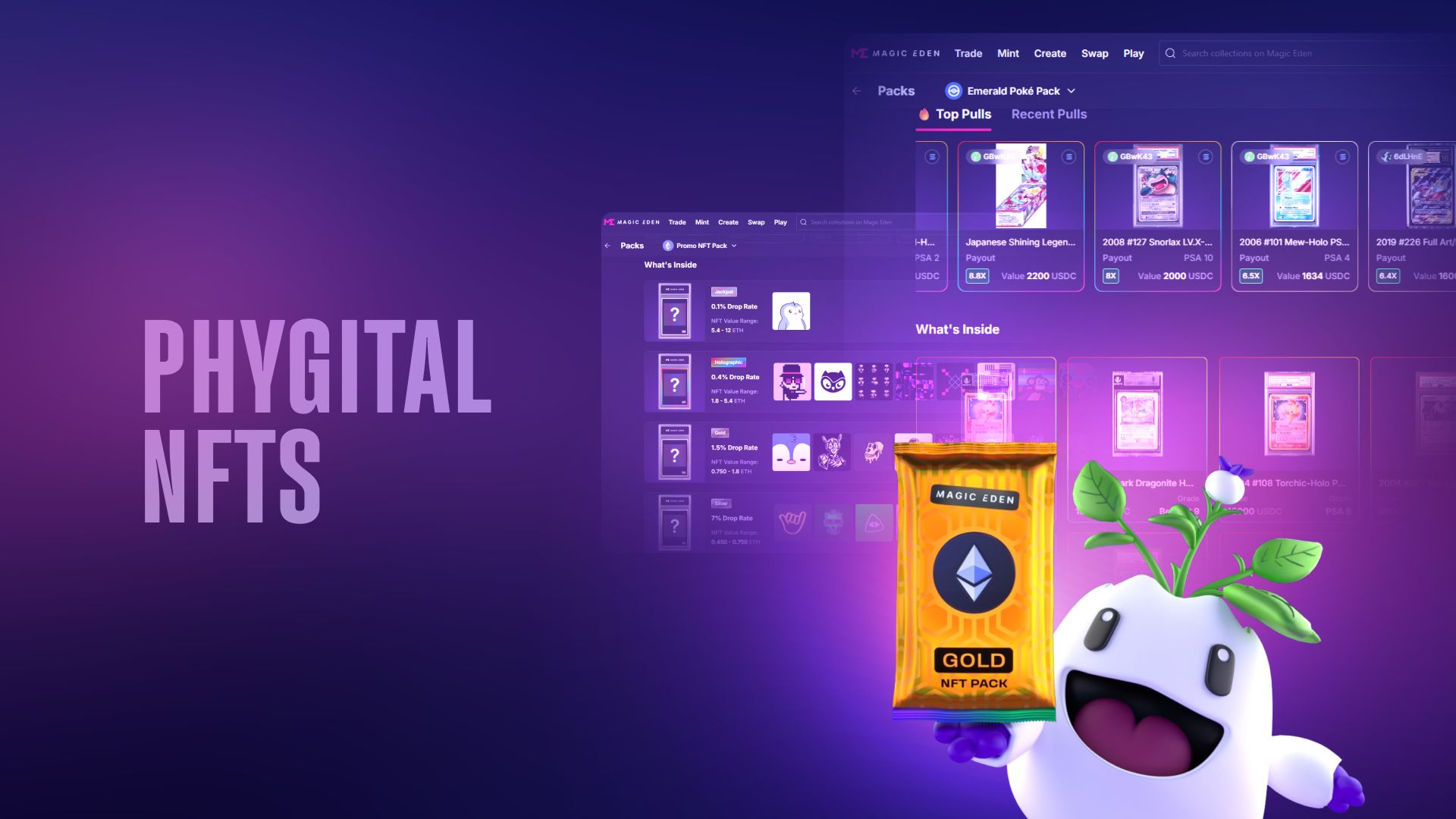.png)
In the world of blockchain, transaction hashes play a crucial role in identifying and retrieving specific transactions. Whether you're buying, selling, bidding, or accepting bids, each action generates a unique transaction ID. This article will guide you on how to find your transaction hash and leverage it to access detailed information about your transactions.
A transaction hash is a unique reference (made of numbers and letters) for a single transaction on a blockchain. The transaction hash is generated through a cryptographic hash function, ensuring the transaction's integrity and security. Transaction hashes are also called transaction IDs or hash IDs.
The most common use case for a transaction hash is to verify what happened in a given transaction. Numerous blockchain explorers allow you to search a transaction by it's transaction ID. You can see the sending and receiving address, what was sent (whether NFTs, Ordinals, Runes, or other fungible tokens), and confirmations of the time.
A hash function is a mathematical process that maps any given input into an output. Hash functions typically have the following characteristics:
To find your crypto transaction hash, follow these simple steps:
.png)
This action will redirect you to a blockchain explorer website, which provides more detailed information about the transaction.
Blockchain explorers are powerful tools that allow you to delve deeper into the transactions associated with your wallet address. Here are some commonly used blockchain explorers for different blockchains:
Etherscan (Basescan & Polygonscan) is a popular blockchain explorer for Ethereum Base and Polygon (MATIC). Follow the steps below to retrieve your transaction information:
The website will display a comprehensive list of all transactions made by your wallet address, providing valuable insights.
For Solana users, there are multiple blockchain explorers available. Here are two recommended options:
Solscan is a widely used Solana blockchain explorer. To find your transaction details, follow these steps:
Solana.fm is another reliable Solana blockchain explorer follow the same steps to retrieve your transaction information.
For Bitcoin transactions, you can use the following blockchain explorer:
Mempool.space is a trusted Bitcoin blockchain explorer that provides detailed transaction information. To find your transaction details, follow these steps:
With a Bitcoin blockchain explorer, you can easily track your Ordinals and Bitcoin Runes transactions.
Transaction hashes are invaluable tools for navigating the blockchain and accessing detailed information about your transactions. By following the steps outlined in this article and utilizing blockchain explorers like Etherscan, Solscan, PolygonScan, and Mempool.space, you can easily find your transaction hash and explore a wealth of transaction data.
The information provided on this website is provided for general educational purposes only and is in no way financial or investment advice. Certain information may have also been provided to us or prepared by third parties; these materials are provided for convenience and are not an endorsement by Magic Eden. Magic Eden is not liable for any errors, changes or amendments to such information, including any actions taken in reliance on such information.


